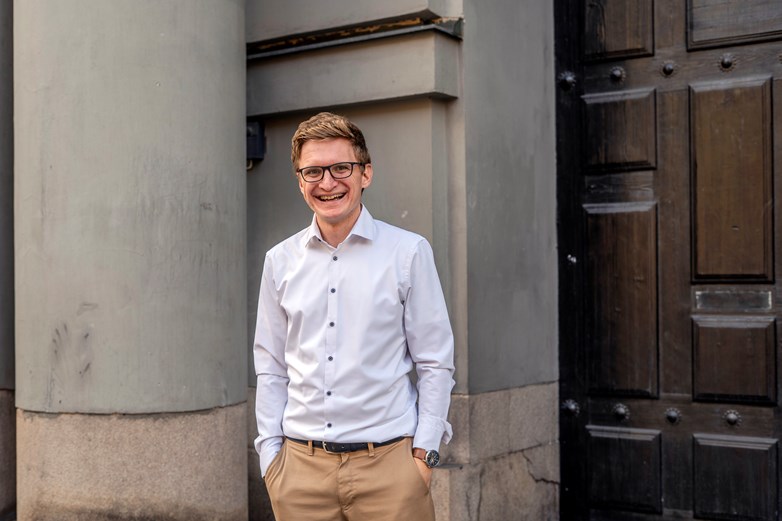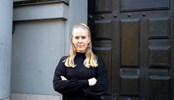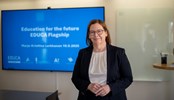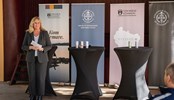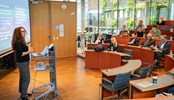Economics for the social good: Meet researcher Patrick Agte
How can research help make healthcare systems fairer, smarter, and more adaptable?
For Patrick Agte, newly appointed Assistant Professor at the Stockholm School of Economics and affiliated with the Center for Resilient Health (CRH), this is the question that drives both his research and teaching. Working at the intersection of economics, data, and public health, he explores how everyday decisions - by doctors, patients, and policymakers - shape people's lives.
A new arrival at SSE
Patrick recently joined SSE's Department of Economics and the Center for Resilient Health this fall, bringing with him an impressive research portfolio spanning healthcare, education, and public policy in developing economies.
He says one of the main reasons he chose SSE was the school's vibrant and intellectually curious environment.
"SSE has such a dynamic academic community", he says. "I really value having many colleagues who work in related areas. The Center for Resilient Health also appealed to me because it offers opportunities for collaboration across disciplines - and connects us directly to current public health challenges".
At CRH, Patrick is part of an interdisciplinary team studying how societies can build health systems that adapt to change - from new technologies to demographic shifts.
Teaching healthcare through a real-world lens
This year, Patrick is designing a new undergraduate course, Healthcare Policy for the Social Good, which will give students a hands-on look at how data and policy meet in practice.
"I want students to see how economics can be used for good", he explains. "And to bring in guest speakers who are working on real policy challenges - people who can show how theory becomes action".
The course will explore global examples of how incentives and design choices affect patient outcomes, public spending, and access to care.
Research that bridges evidence and impact
Patrick's work focuses on how healthcare and education systems can become more resilient - that is, able to respond and adapt to shocks. His research in India (Fighting Silent Killers), for instance, showed that a staffing expansion, that that added a mid-level healthcare provider to public village clinics, reduced mortality while saving future costs on hospital care.
"It's a good reminder that smart policy design can create both social and economic value," he says.
Patrick's studies also tackle issues like hospital quality, public-sector incentives, and AI tools in healthcare delivery - exploring how innovation and behavioral insights can help systems work better for everyone.
"Resilient systems are those that can adapt quickly to new challenges," he explains. "Understanding how to reduce barriers - like lack of information or trust - is key to making that possible".
Connecting disciplines, connecting people
At CRH, collaboration is central. Patrick says he's particularly excited about working with researchers in management, strategy, and computer science.
"AI is rapidly changing how healthcare is delivered," he notes. "By combining insights from different fields, we can design systems that are not only efficient but also fair and human-centered".
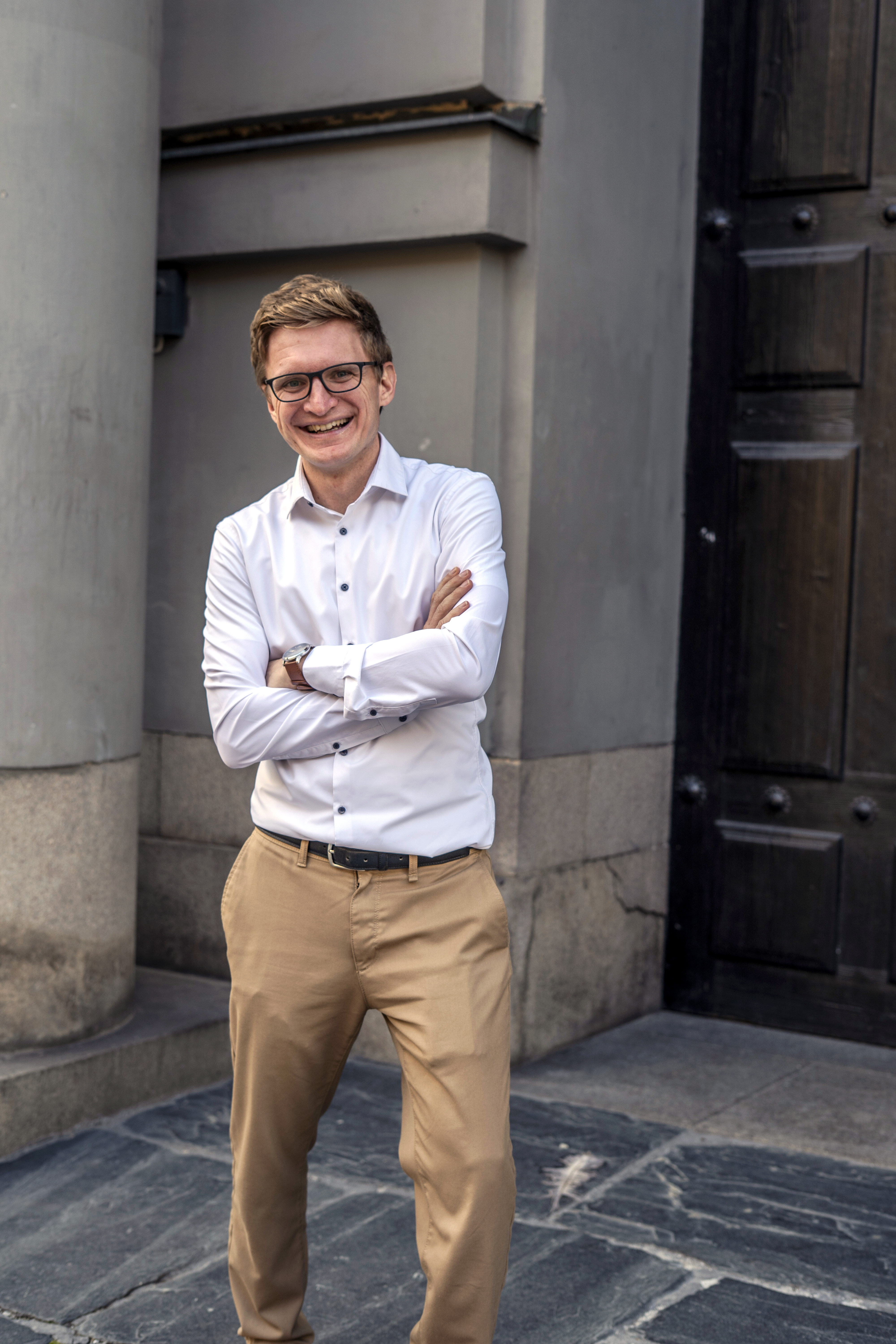
Patrick Agte. Photo: Johanna Ståhlberg
From classroom to kayak club - life beyond research
Since arriving in Stockholm this summer, Patrick has quickly embraced the city's outdoorsy lifestyle.
"I joined the local kayak club in Brunnsviken within a week of arriving," he laughs. "I've really enjoyed exploring the city from the water".
For students who want to make a difference
Patrick hopes his teaching will inspire students to see economics as a tool for positive change.
"Economics isn't just about markets or numbers," he says. "It's about understanding people and helping systems work better for society".
